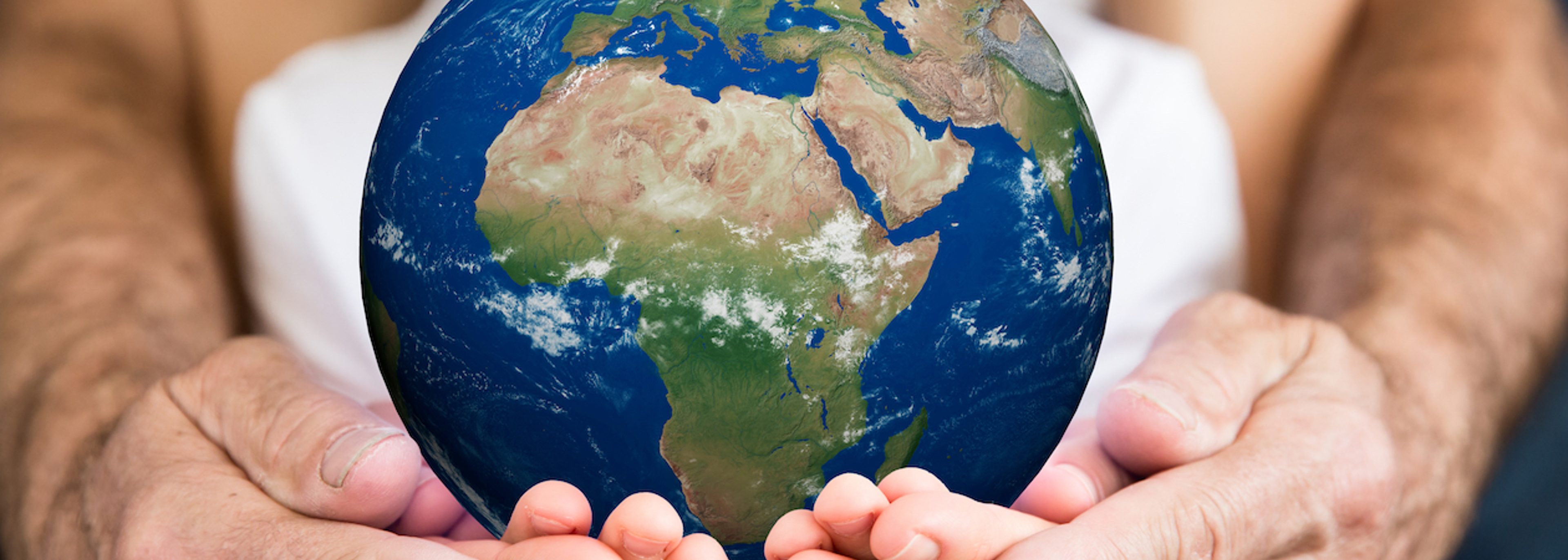Help us create an Environmental Health APPG
Join our campaign by urging your local MP to support the formation of an All-Party Parliamentary Group (APPG) on environmental health.

Workshop explores notion that humans have lost connection with their planet.
Friday, 3 July 2020, Katie Coyne
The Foundation, which promotes a circular economy aimed at designing out waste and pollution, argued that we need to redesign our food system for resilience, regionalism and circularity.
Every year, the UK alone throws away around 9.5 million tonnes of food, 70% of which could have been eaten, and contributes 25 million tonnes of greenhouse gas emissions. Carolyn Steel, architect and author of Hungry City: how food shapes our lives, and Sitopia: how food can save the world, speaking at the event, argued that our attitude towards food reveals a fundamental moral and economic problem.
“By treating food as cheap, which doesn't exist, we've actually lost the connection in our entire economic system and our total value system," she says. But even “more critically”, she argues, we’ve lost our relationship with “what really matters”: the planet. Environmentalists have long argued that cheap food isn’t actually cheap because of the associated cost to our environment and public health.
One of the most famous ideas from the ancient Greek philosopher Aristotle is that we are “political animals”. Steel holds with this idea that we are both social, and so gather in groups, but that we are also animals and need the natural world. “The paradox is that as a ‘political animal’, we need the city and we need the countryside,” she says, “but in the sense we’ve forgotten this, we’ve forgotten to create this balance.”
Throughout history rich people have always had a place both in town and in the country, she says, but of course today most of us can't afford even one home, let alone two. Yet with this connection lost, Steel argues, we end up with this really frenzied attempt to “afford a good life” that involves “crazy consumerism” and “running 800 miles an hour”.
A huge conversation has been taking place about what constitutes a “good life” and “good work” in the 21st century, which has become more mainstream during lockdown. People have discovered and rediscovered the “joy and the pleasure” of spending time with loved ones, Steel says, cooking from scratch, growing their own food and “what I call living in time”. There have also been new connections made between local producers and consumers. Steel adds: “If we have access to people and to nature, we don’t need much else. And neither of those things have to destroy the planet.”
In times of crisis, Steel adds, our best natures can reveal themselves. “So, for example, the UK welfare state came out of the Second World War and the new deal in America came out of the Great Depression. So I think we are now living through a period of a really, really critical few months, when the opportunity to question whether this crazy trajectory we were on was actually a good idea or not, is possible.”
How this disconnect between, mainly, cities and humans came about is a complex picture, and one that Steel, and fellow speaker Harriet Friedmann, Professor Emerita at the University of Toronto, have been exploring. Cities were often situated close to fertile land for obvious reasons but as they have expanded those areas have been paved over, says Friedmann. She points out that even when an urban area is growing food, and is a huge part of the global food supply chain, it doesn't necessarily supply that same city.
The very fertile peri-urban area around Toronto, she says, used to produce all of the city’s fruits and vegetables but converted in the 1990s to monocultures of carrots and onions for export. At the same time, the supermarkets were bringing in these same vegetables from wherever it worked to source them.
Both Steel and Friedmann argue that there is a lack of ecological logic and resilience in the balances of where food flows. The rationale, Friedmann argues, is based on where the money flows instead, and the logic needs to be “rewired”.
Friedmann has been re-examining what has happened to food through the lens of empire. London, she says, as the centre of the emerging British Empire rose as a global city, from its ancient roots, through the sugar and slave trade.
But this involved creating a simplified and completely different ecosystem in Africa. “Many young people were taken out,” she says, “where maize was brought in as a new subsistence food. And in the Caribbean, where indigenous people were completely decimated, the forested landscape was completely transformed.”
Friedmann adds that this was the beginning of something that was to proceed through phases until now. The city of London, and then later cities, grew up in relation to long distance supply of materials and energy into the city. She argues that in recent decades, even those foods that used to be readily available are no more.
“During the Great Depression”, in the United States she says, “there were bread lines, but no apple lines. Apples were available to everybody, whereas now fresh fruits and vegetables are extremely expensive because they have to come from very far away.”

Help us create an Environmental Health APPG
Join our campaign by urging your local MP to support the formation of an All-Party Parliamentary Group (APPG) on environmental health.